It’s frustrating when your glassware starts to look cloudy and dull after running it through the dishwasher. You want your glassware to maintain its elegant appearance, but how? Check out our tips below to get your glassware looking brand new again!
1 Reasons Why Glassware Turns Cloudy in the Dishwasher
Dishwasher Is Not Regularly Cleaned
Over time, food residue and grease can build up in your dishwasher, and if it’s not regularly cleaned, this buildup will transfer to your glassware, making it cloudy.
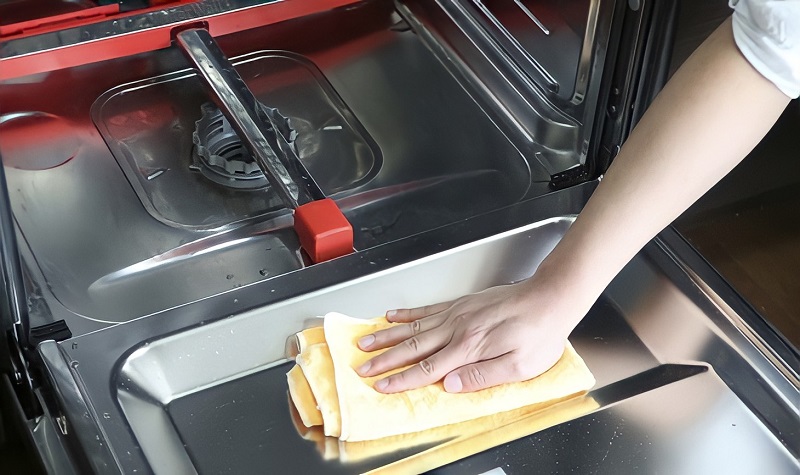 A dirty dishwasher can cause cloudy glassware.
A dirty dishwasher can cause cloudy glassware.
Water Quality
Even if you regularly clean your dishwasher, cloudy glassware could be due to hard water, which has a high natural mineral content.
The minerals in hard water reduce the effectiveness of detergents and leave a residue on your glassware.
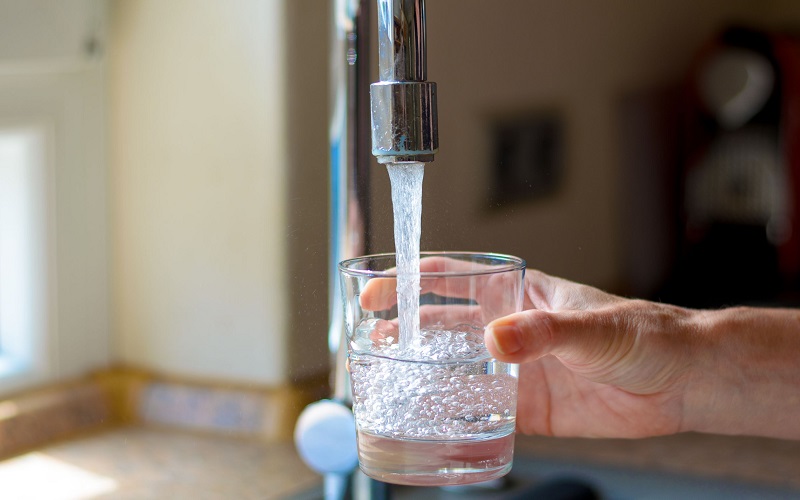 Hard water can cause cloudiness in glassware.
Hard water can cause cloudiness in glassware.
Corrosion
Corrosion can occur over time due to the presence of phosphates in detergents. While phosphates are effective at removing calcium and food residue, when combined with the high temperatures of a dishwasher, they can become corrosive to glass.
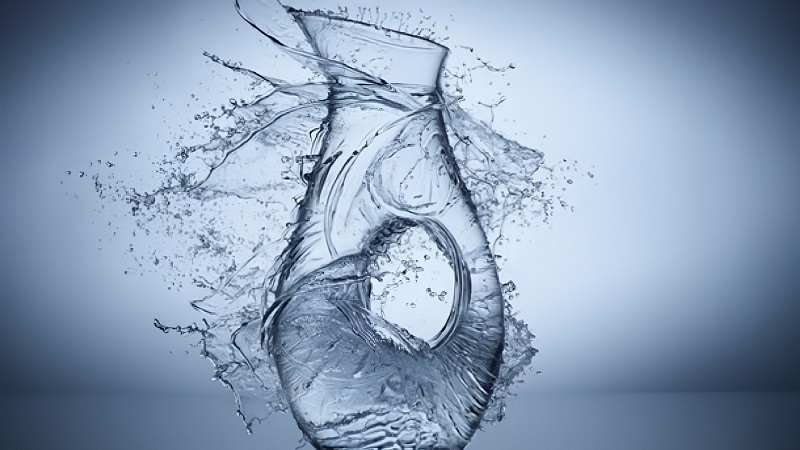 Corrosion can cause cloudiness and damage to glassware.
Corrosion can cause cloudiness and damage to glassware.
2 Solutions to Cloudy Glassware
Once you’ve identified the cause, try these solutions:
- Clean your dishwasher regularly.
- Adjust the salt levels in your dishwasher to soften the water.
- Use a rinse aid to reduce water surface tension and prevent water spots.
- Switch to a detergent with a lower pH or one that is phosphate-free to prevent corrosion.
- Follow the instructions to soften your water to the recommended level.
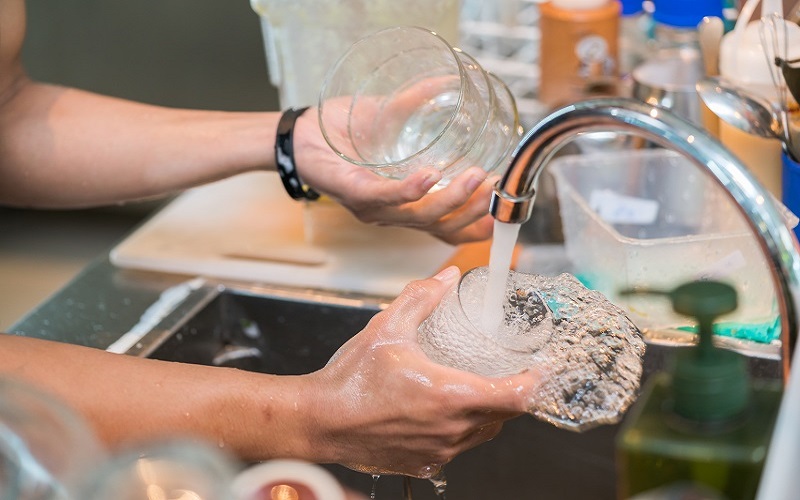 Tips to prevent cloudiness in glassware.
Tips to prevent cloudiness in glassware.
For a quicker fix, try one of these methods:
Clean Cloudy Glassware with Toothpaste
The mild abrasives in toothpaste can remove the cloudy film from glassware without damaging it, restoring its shine.
Simply apply a small amount of toothpaste to the glass and use an old toothbrush to scrub it gently. Within 2-3 minutes, your glassware will be sparkling again!
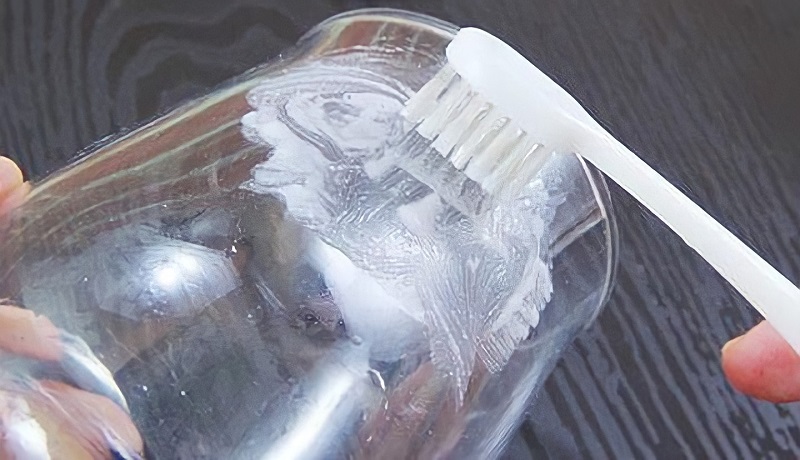 Using toothpaste to clean cloudy glassware.
Using toothpaste to clean cloudy glassware.
Clean Cloudy Glassware with Vinegar
Vinegar is a natural cleaner and can be used to quickly and easily clean your glassware.
Pour some white vinegar into a bowl and soak your glassware for a few seconds before removing it and allowing it to air dry. Once dry, give it a quick rinse with clean water, and you’re done!
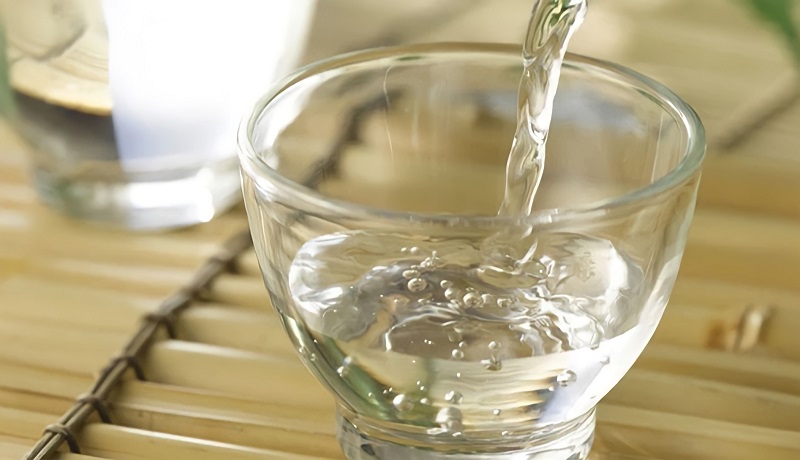 Using vinegar to clean cloudy glassware.
Using vinegar to clean cloudy glassware.
Clean Cloudy Glassware with Lemon Juice or Baking Soda
The citric acid in lemon juice and baking soda can dissolve the unsightly cloudiness on your glassware.
Instructions: Mix 4 tablespoons of lemon juice or baking soda with water in a small basin. Submerge your glassware, ensuring it’s completely covered. After 5-10 minutes, remove and rinse with warm water.
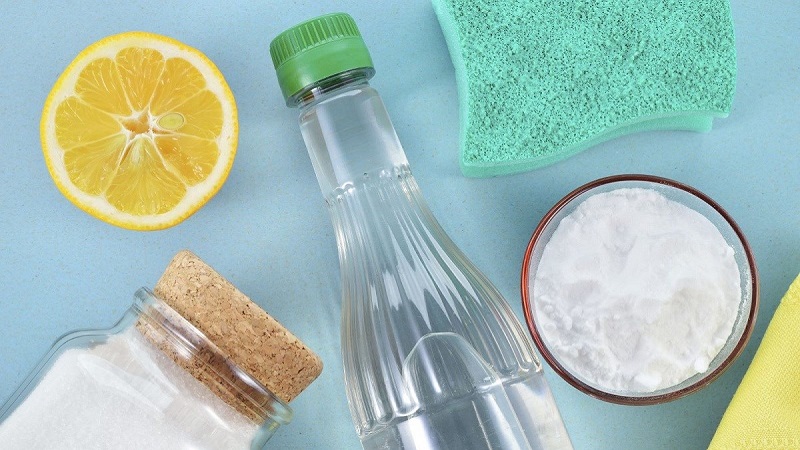 Using lemon juice or baking soda to clean cloudy glassware.
Using lemon juice or baking soda to clean cloudy glassware.
We hope these tips help you keep your glassware looking its best. Thanks for reading!
Discover the Unexpected Benefits of Combining Ginger and Toothpaste
Did you know that combining ginger and toothpaste offers a surprising array of uses? Find out more by reading the article below.

























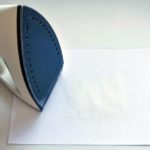
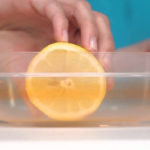
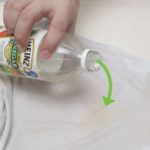
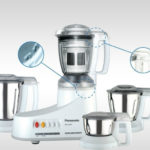
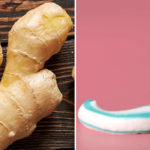 Toothpaste
Toothpaste







